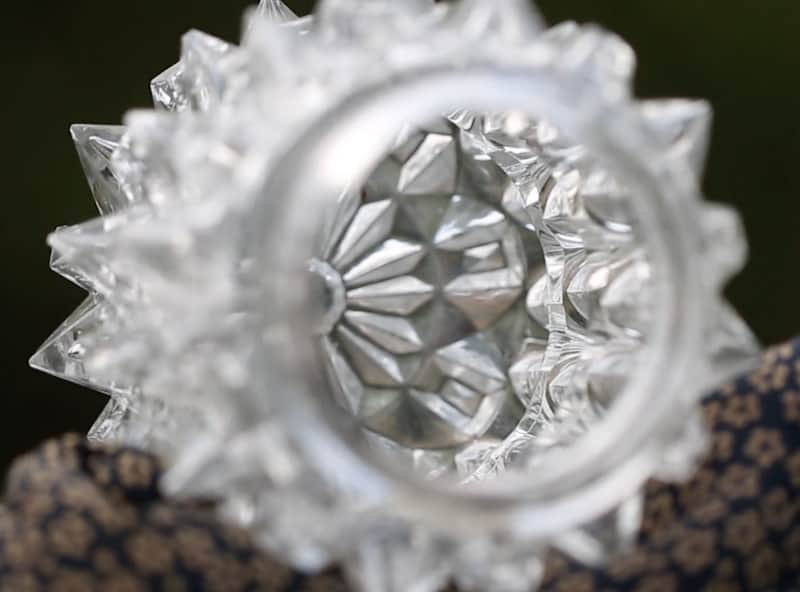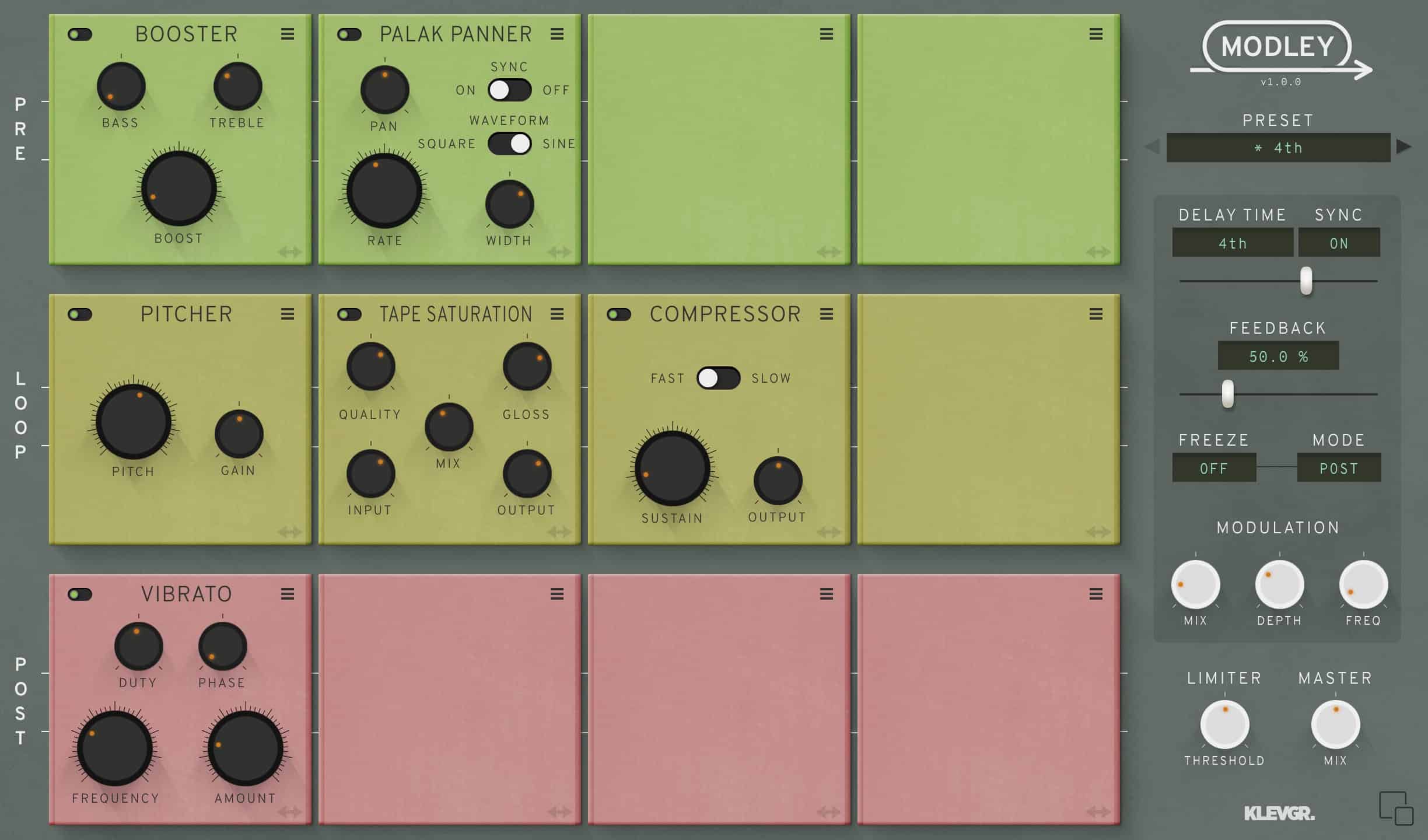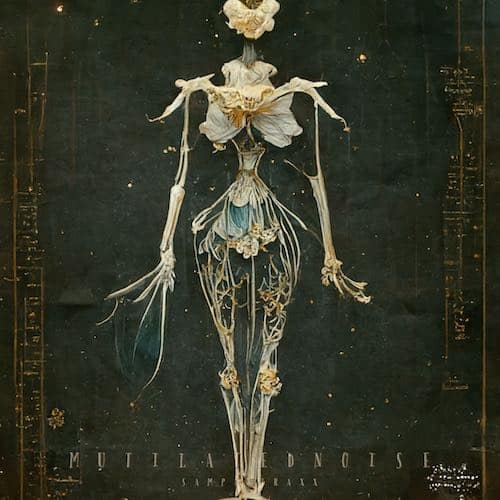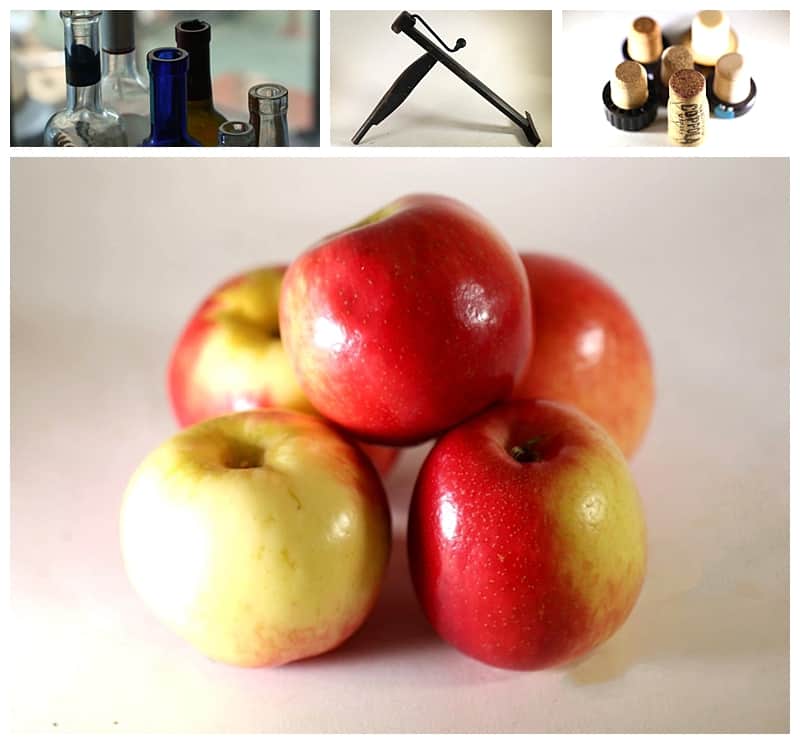IR001 GLASS Impulse Response Library
HISS and a ROAR’s first experience with the idea of using IRs captured from within small objects came from Claustrophobia, an IR set recorded & released by Fokk van Saane. Back in 2004 while Tim Prebble running HISS and a ROAR has been working on the horror film Boogeyman, Tim needed to create a sound for an occasionally evil plasma ball. After syncing and manipulating electrical sounds the final aspect that set Tim’s sounds into the plasma ball was the use of a small glass object IR.

The glass resonance imparted on Tim sounds really sold the reality of the sound design. Ever since Tim wanted to explore this territory further, and it was only when collecting and recording props for the glass sound FX libraries that he decided to pursue it. The result is the newly released IR001 GLASS Impulse Response Library. In total the IR001 GLASS Impulse Response Library collection contains 345 Impulse Responses.
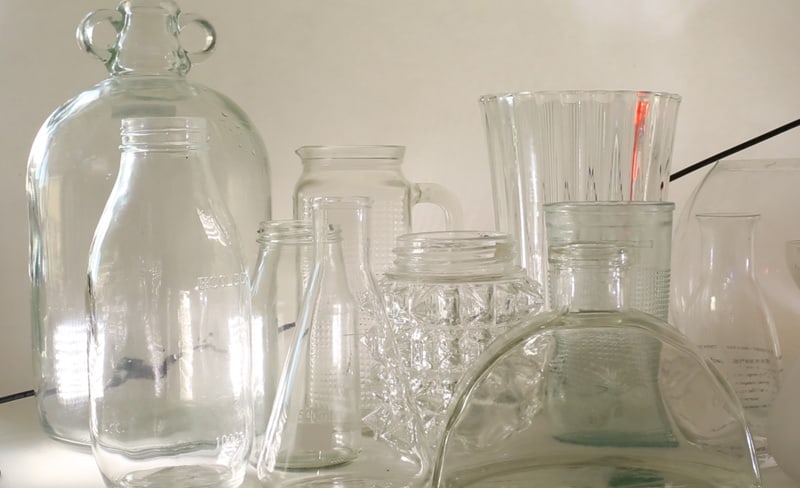
Thanks to great plugins like Altiverb, Reveberate, TL Space, etc you will no doubt be aware of the use of Impulse Responses to apply the reverberation of acoustic spaces. But convolution can also be applied to smaller acoustic spaces, and while recording the two glass FX libraries HISS and a ROAR slowly assembled a collection of glass objects, and HISS and a ROAR just released their first IR Library.
Glass Object IR
32 Empty Glass Object IRs were captured using an MKH8020 mic. The two yard glasses (& other narrow neck bottles) were captured using a DPA4060 mic. These objects can be thought of as a tiny concert hall, with small scale room modes and peaky resonance with a glassy tone. The IRs tend to be short & high frequency, with the total volume and the size of the neck contributing to their tonality.
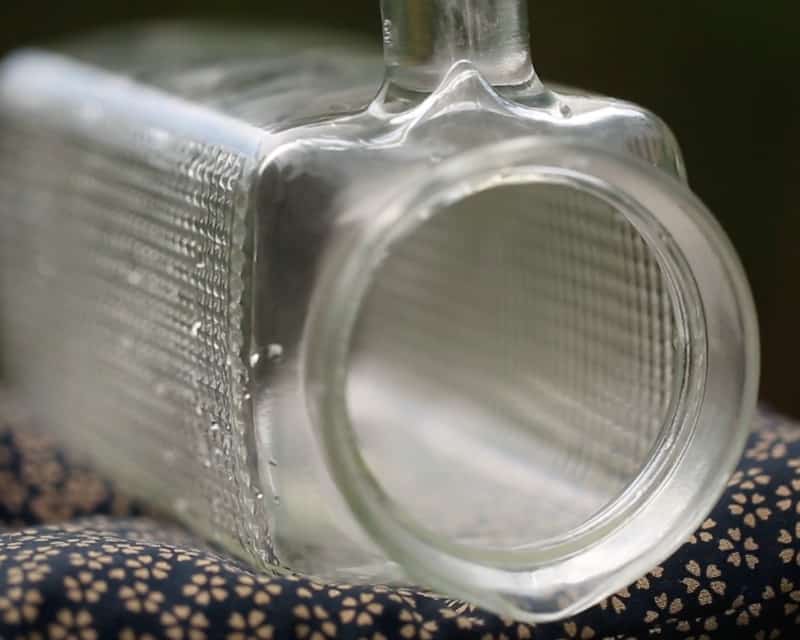
Pitch shifted IRs at half speed & quarter speed
As with all convolution, frequencies that are common to the source and the IR are accentuated, for example, if you convolve a sub bass sound with a violin you get nothing. So as an experiment Tim tried pitch-shifting the 32 Glass Object IRs, and at both half speed and quarter speed the spectrum of the resonance is lowered into potentially useful range, and of course elongated.
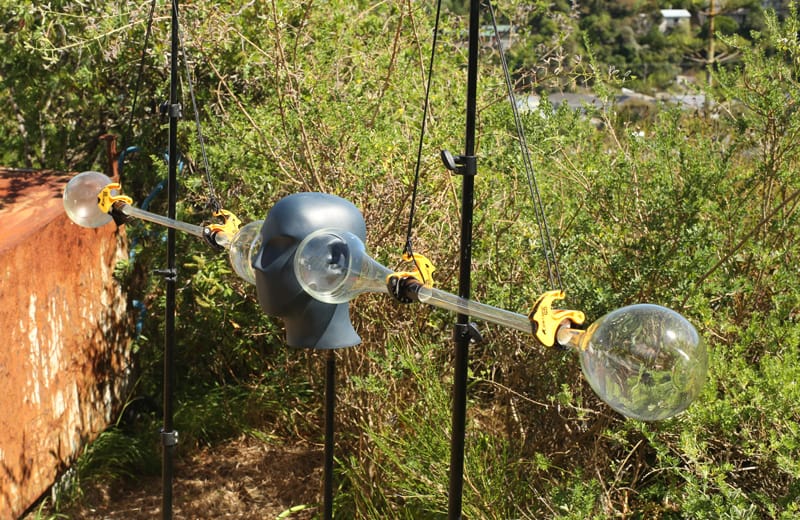
Underwater IRs
Next each of the objects were filled with water and underwater IRs were captured using a hydrophone. As water is denser than air, the speed of sound is faster which equates to higher frequency, faster reflections and strangely harmonic ringy IRs. Pitch shifted underwater IRs at half speed & quarter speed are also included.
Jelly IRs
Three of the objects were filled with jelly, and IRs were captured with the hydrophone set in three flavours of jelly. Pitch shifted Jelly IRs at half speed & quarter speed are also included. Jelly causes strange harmonic resonance.
Iterated IRs
While working on this collection Tim was reminded of the fascinating work by Alvin Lucier – I Am Sitting In A Room, where Lucier played a recording of his voice into a room, captured the room sound and then replayed it into the room, again recording it. As the process is repeated again and again, the dialogue becomes entirely unintelligible as the iterated room acoustic slowly becomes a harmonic drone.
To achieve this with an IR, Tim iterated the process of playing the captured IR back into the object. As a test, he iterated ten times and found the IRs rapidly became diffuse and accentuated tonal resonance, with blurred transients. Some iterated IRs almost sounding like harmonic feedback while others latched on to low frequencies. Based on the results Tim decided to include the first and third iterations.
Pricing and Availability
IR001 GLASS Impulse Response Library is available now. For 33% early bird discount please use Coupon Code ‘PING’ at checkout.
This discount expires April 26th, 2021.

